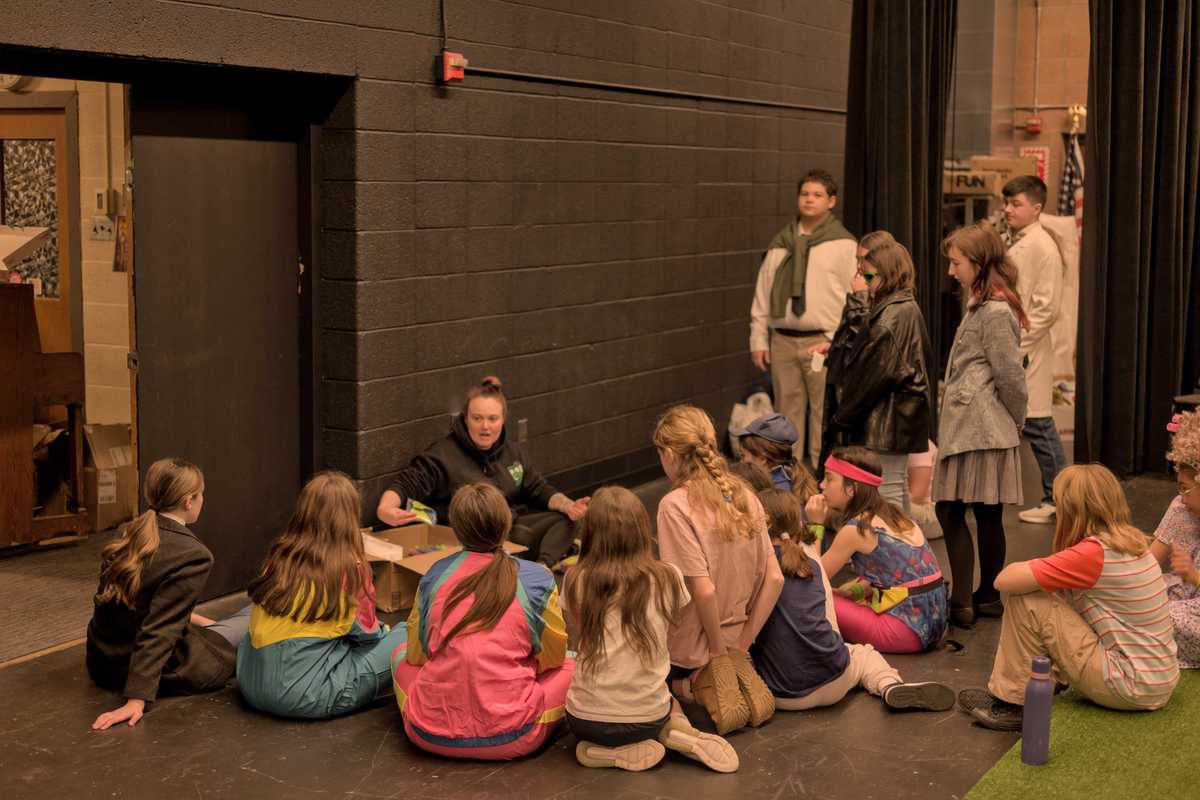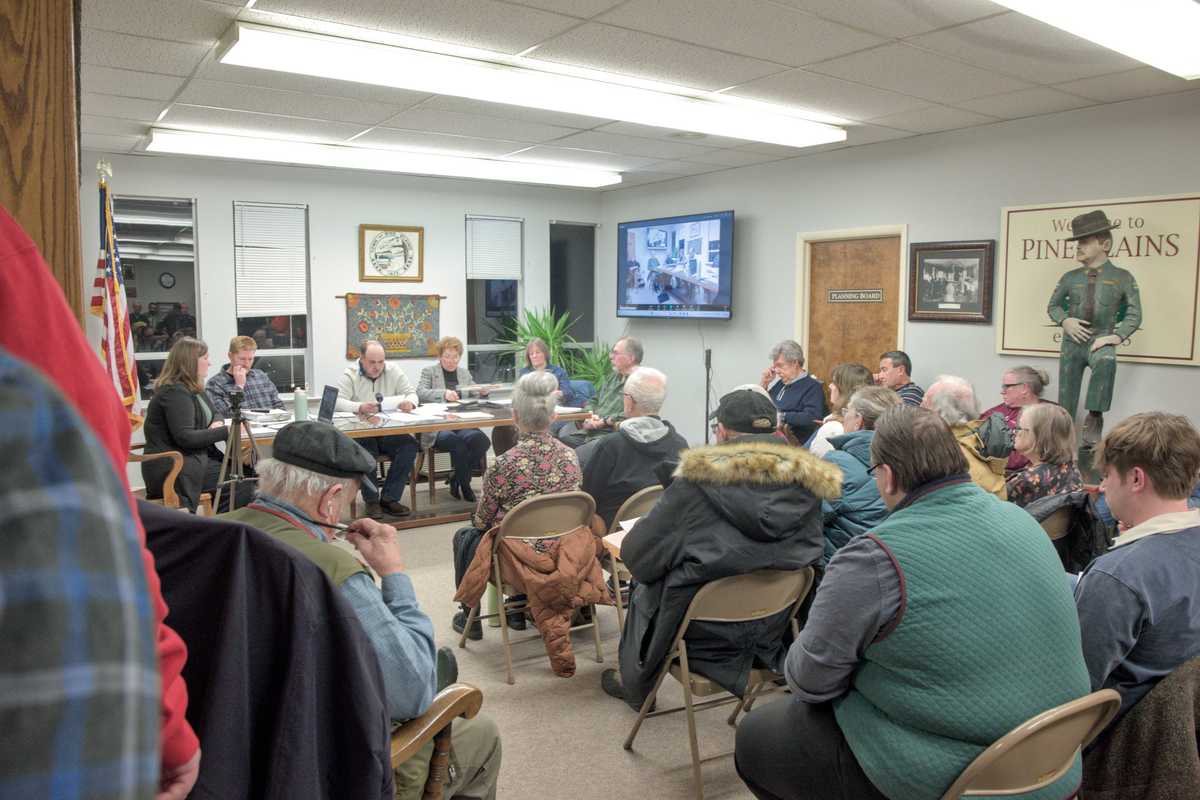Dear EarthTalk: Is it true that you shouldn’t put plastic bottle caps that are less than 3 inches wide in diameter into the recycling bin?
— Bill S., Grafton, Vt.
Yes! It is true that you shouldn’t recycle plastic bottle caps that are less than 3 inches in diameter; in fact, you shouldn’t recycle anything that is less than 3 inches in diameter.
Why is this? During the recycling process, plastics are sorted, baled, washed, ground down, separated from contaminants, melted, filtered and made into pellets. This is a long, complicated process, and the smallest plastics are often easily lost. The end result is an overaccumulation of plastic bottle lids and other small plastic items that are disposed of improperly and unfortunately have nowhere to go.
This overaccumulation is very problematic for animal life; marine life in particular. Hawaii, for example, is detrimentally affected by the global plastics issue. Because of its location in the Pacific, much of the world’s plastic waste ends up on Hawaii’s beaches, making the 50th state an unfortunate but necessary target of scientific inquiry. According to the Beach Environmental Awareness Campaign Hawaii (BEACH), plastic caps are among the top 10 items found during beach clean-ups. In another study completed by BEACH, it was found that 100% of albatross chicks that call the northwestern Hawaiian Islands home had eaten plastic derived from a number of sources, plastic bottle caps being one of them.
Unfortunately, most plastic bottle caps, regardless of their size, are not easily recycled and may require a specialized facility. According to Earth 911, plastic bottle caps are made from a different kind of plastic called polypropylene (plastic #5) which has a higher melting point (a difference of 160 degrees Fahrenheit!). Because of this, when the plastic recyclables are melted down, the bottlecaps stay intact. This can render an entire batch of recyclables useless, which means it becomes unusable waste again.
Thankfully, specialized recycling facilities circumnavigate this issue by grinding the plastic caps into flakes. These flakes are then melted into pellets, which are formed into new items such as reusable plastic bags or car battery casings.
However, finding these specialized facilities may be a bit tricky, depending on where you live. Most curbside collectors offer a cap-on standard, whereby you as the recycler may recycle plastic caps if they are twisted onto a bottle. However, some do not as they may consider a sealed bottle a safety hazard (due to compression/explosion) while others may simply want to avoid liquids. In some select cases, they may refuse to recycle bottle caps simply because the financial return rate is too low. Whatever the case, it is advised that you determine exactly what options your recycling program offers, as the options do vary.
If you’re having difficulty finding a convenient way to recycle your plastic bottle caps, your best option would be to either save them up and then throw them out at an acceptable facility, or to reuse them. Many plastic caps are actually universal and can be used on all sorts of different plastic bottles. Other more determined recyclers have even gone as far as to make arts and crafts from bottle caps!
EarthTalk® is produced by Roddy Scheer & Doug Moss for the 501(c)3 nonprofit EarthTalk. See more at www.emagazine.com. Send questions to: question@earthtalk.org.



 Kyra Whalen, left, and Mariah Bradley show their best impressions of elderly women in their costumes for "Back to the '80s," during dress rehearsal on Saturday, Feb. 21, at Webutuck High SchoolPhoto by Nathan Miller
Kyra Whalen, left, and Mariah Bradley show their best impressions of elderly women in their costumes for "Back to the '80s," during dress rehearsal on Saturday, Feb. 21, at Webutuck High SchoolPhoto by Nathan Miller Webutuck music and chorus teacher Kaylee Kelsey, right, ties a black tie on Liam Diaz to complete his costume for "Back to the '80s" during dress rehearsal on Saturday, Feb. 21. Diaz is playing Jeff, the stereotypical preppy bully that stands as the main antagonist in the play, a role he said he's drawn to because of the challenges associated with being the bad guy.Photo by Nathan Miller
Webutuck music and chorus teacher Kaylee Kelsey, right, ties a black tie on Liam Diaz to complete his costume for "Back to the '80s" during dress rehearsal on Saturday, Feb. 21. Diaz is playing Jeff, the stereotypical preppy bully that stands as the main antagonist in the play, a role he said he's drawn to because of the challenges associated with being the bad guy.Photo by Nathan Miller











The trick to recycling bottle caps